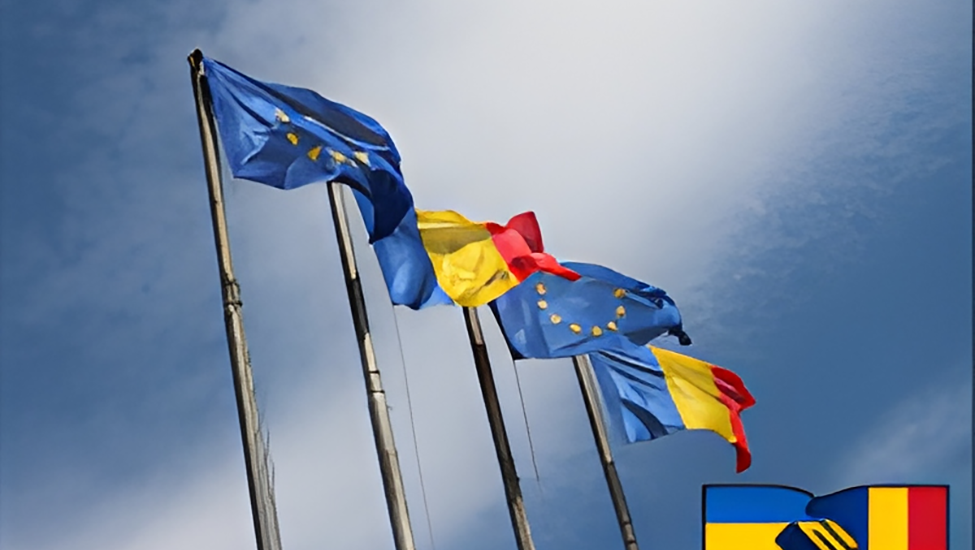The Newsletter n°367 — 27 oct. 2008
La Lettre
Laurent Pech
—
27 October 2008
Poland
1 January 1970

European Interest
1 January 1970
Defence
1 January 1970
Elections/Lithuania
1 January 1970
Summits
1 January 1970

Austria
1 January 1970
IMF
1 January 1970
Commission
1 January 1970
Sweden
1 January 1970
Germany
1 January 1970
Euro Area
1 January 1970
Iceland
1 January 1970
Finland
1 January 1970
Parliament
1 January 1970

Asia
1 January 1970
Internet
1 January 1970

Airports
1 January 1970
Bosnia-Herzegovina
1 January 1970
Hu Jia
1 January 1970
Budget
1 January 1970
Temping work
1 January 1970
Piracy
1 January 1970
Erasmus
1 January 1970
Georgia
1 January 1970

Poland
1 January 1970
Overseas
1 January 1970
Cuba
1 January 1970
Public Markets
1 January 1970
Environment
1 January 1970

Internal/Justice
1 January 1970
Education
1 January 1970

EU/Future
1 January 1970
China
1 January 1970
China
1 January 1970

Unemployment
1 January 1970

Fraud
1 January 1970

Economy
1 January 1970
General Elections
1 January 1970

Banking Secrecy
1 January 1970

Lisbon Treaty
1 January 1970

Senatorial Elections
1 January 1970
Nabucco
1 January 1970

Slovenia/Slovakia
1 January 1970

Energy
1 January 1970
Greece
1 January 1970
Economy
1 January 1970
Reforms
1 January 1970

Elections?
1 January 1970

Holodomor
1 January 1970
South Ossetia
1 January 1970

Mario Sepi
1 January 1970

Cities
1 January 1970

Environment
1 January 1970
Forest
1 January 1970

Deficit
1 January 1970
Balance/Payment
1 January 1970
Industry
1 January 1970
Immigration
1 January 1970

Pensions
1 January 1970
Ireland
1 January 1970
Finances
1 January 1970
Macedonia
1 January 1970
Climate
1 January 1970
France/Europe
1 January 1970

Immigration
1 January 1970
EU/Dictionary
1 January 1970
Lux Prize
1 January 1970

Rembrandt
1 January 1970
Kafka Prize
1 January 1970
Agenda
What the European Union and its Member States can truly achieve by 2026
The decline of French agriculture in Europe
Towards a sovereign and resilient Europe: the urgent need for a comprehensive security doctrine
Skilled immigration and the competitiveness of the European Union: attractiveness and policy options
Hybrid threats: from geopolitics to internal security
The Editors of the Newsletter :
Stefanie Buzmaniuk, Helen Levy
N°ISSN : 2729-6482
Editor-in-Chief :
Eric Maurice
Director of Publication :
Pascale Joannin
Any questions or suggestions?
Contact Us!







